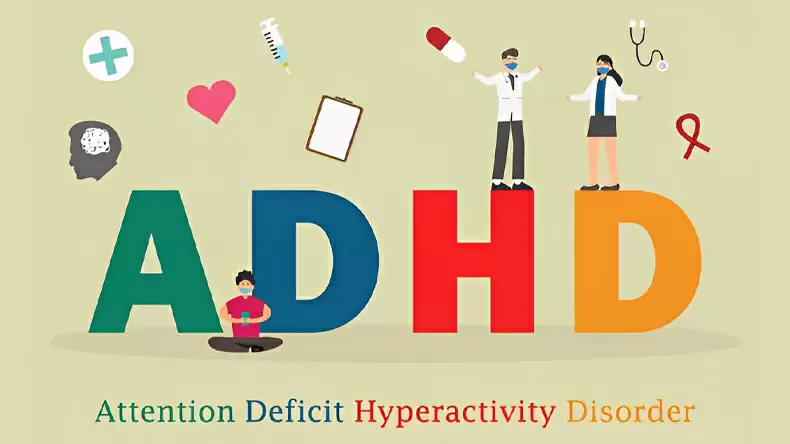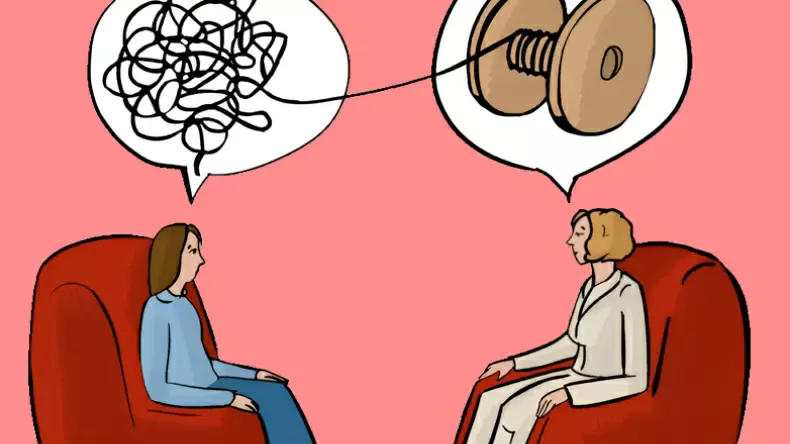Who Are You in Chiikawa Today? Quiz
Life can present a variety of challenges for adults, and for those with ADHD, those challenges can become even more difficult to manage. Adults with ADHD may struggle with punctuality and organization, leading to feelings of chaos and disarray in their daily lives. ADHD can have a significant impact on a person's confidence, relationships, and work performance. In fact, research suggests that around 4% of adults between the ages of 18 and 44 are affected by ADHD. For some adults, their ADHD may have gone undiagnosed and untreated since childhood, further compounding the challenges they face. If you're concerned that you may have ADHD, consider taking this ADHD test to see if further evaluation by a qualified healthcare professional may be warranted. Early diagnosis and proper treatment can help individuals with ADHD better manage their symptoms and improve their quality of life. 
What is ADHD?
ADHD stands for Attention Deficit Hyperactivity Disorder. It is a neurodevelopmental disorder that affects both children and adults. Individuals with ADHD may experience difficulties with inattention, hyperactivity, and impulsivity, which can significantly impact their daily functioning and quality of life.
Some common symptoms of ADHD include:
Inattention: difficulty staying focused, forgetfulness, distractibility, and disorganization.
Hyperactivity: fidgeting, restlessness, and difficulty staying still.
Impulsivity: acting without thinking, interrupting others, and having difficulty waiting for their turn.
If you have ADHD, who would be the best person to seek help from?
ADHD is typically diagnosed by a qualified healthcare professional, such as a psychologist, psychiatrist, or pediatrician. The diagnosis is based on a thorough assessment of the individual's symptoms, medical history, and family history.
There is no cure for ADHD, but it can be effectively managed with a combination of medication, therapy, and lifestyle changes. Medications such as stimulants and non-stimulants can improve attention and reduce hyperactivity and impulsivity. Therapy, such as cognitive-behavioral therapy, can help individuals develop coping strategies and improve their social skills. Lifestyle changes, such as regular exercise and a healthy diet, can also be helpful in managing symptoms.
It is important to note that ADHD is a real and valid condition that can significantly impact an individual's daily functioning. With proper diagnosis and treatment, individuals with ADHD can learn to manage their symptoms and lead successful, fulfilling lives. 





























